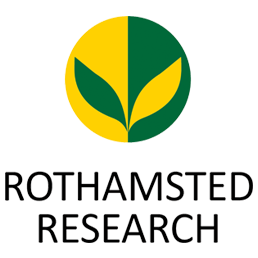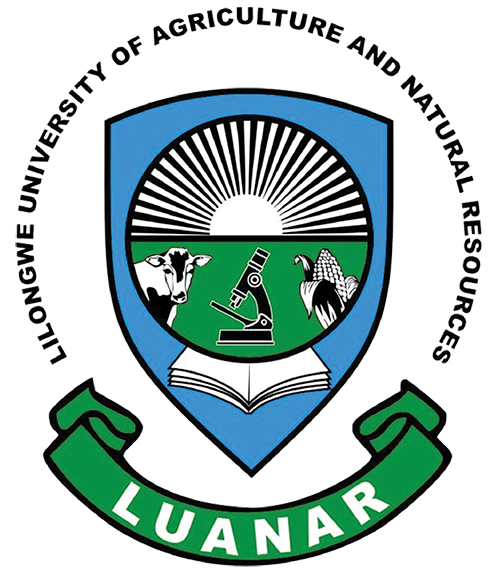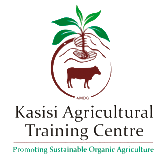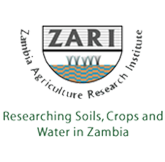Climate change makes it increasingly challenging to sustain and improve agricultural productivity in sub Saharan Africa while protecting land and water resources. One strategy to achieve this, which is attracting a lot of interest in Africa, is "conservation agriculture".
The Food and Agriculture Organization (FAO) define conservation agriculture as:
‘a farming system that can prevent losses of arable land while regenerating degraded lands. It promotes maintenance of a permanent soil cover, minimum soil disturbance, and diversification of plant species. It enhances biodiversity and natural biological processes above and below the ground surface, which contribute to increased water and nutrient use efficiency and to improved and sustained crop production.’
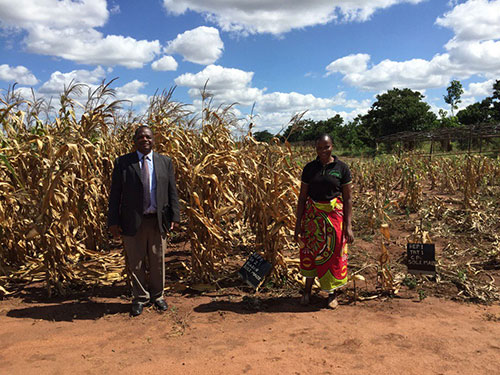
Conservation agriculture systems have three key components.
Although there is evidence that conservation agriculture has the potential to improve crop yields and their resilience under climate change, conservation agriculture cannot be offered as a panacea. Its adoption has different labour demands to those of traditional cultivation, and increased use of herbicides. There may also be competing uses for the mulching materials (animal feed, fuel). Furthermore, our understanding of the soil under conservation agriculture is limited, which makes it hard to predict when and where conservation agriculture will be successful. For example, how do conservation agriculture practices change the soil’s structure and the behaviour of soil water? Does this improve storage of water in the soil? What are the implications for groundwater resources under conservation agriculture? The CEPHaS project aims to address some of these key knowledge gaps.
Importantly, the evaluation of conservation agriculture requires cross-disciplinary input. Part of this must be an evaluation of the extent to which conservation agriculture can be expected to be more resilient than traditional cultivation under climate change.


CEPHaS is funded by Research Councils UK through its Global Challenges Research Fund programme.

